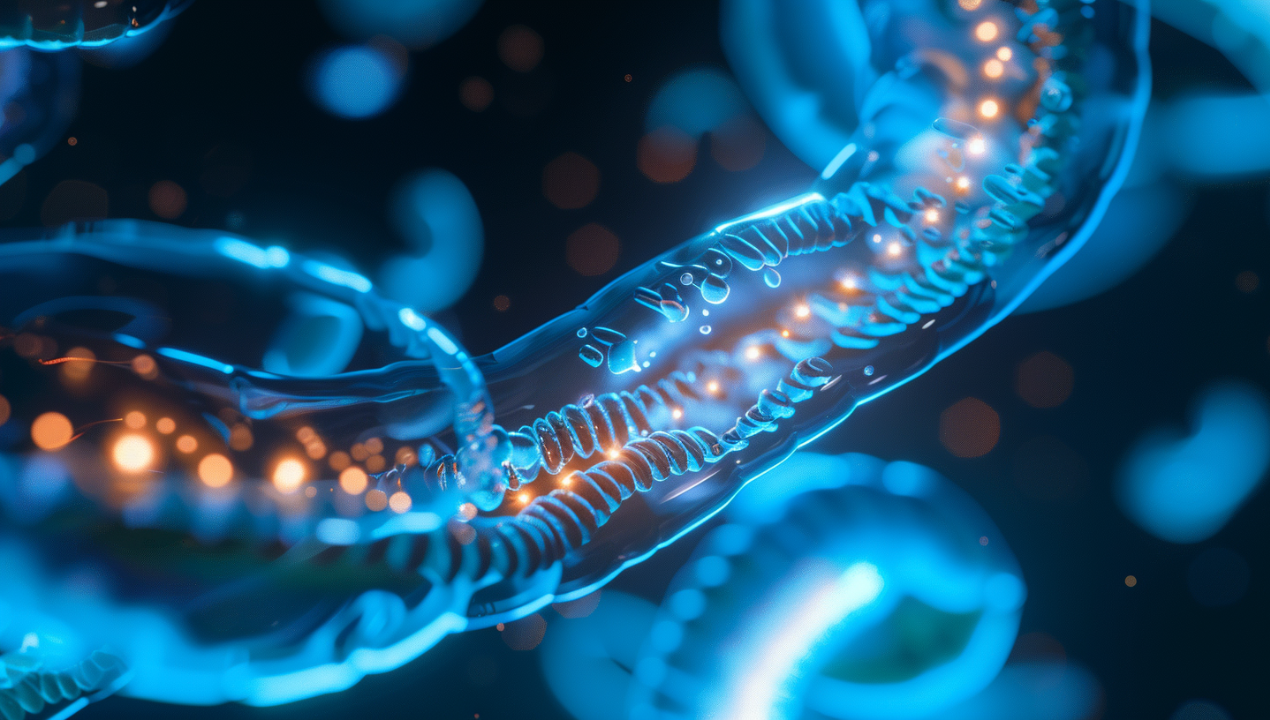A New Era in Bladder Cancer Treatment
What is NMIBC?
Non-Muscle Invasive Bladder Cancer (NMIBC) affects thousands of Americans yearly. It develops in the bladder's inner lining and does not invade the muscle wall. While treatable, NMIBC often recurs, and when standard therapies fail, patients face invasive procedures like bladder removal (cystectomy). These surgeries can have a major impact on your quality of life, but they also come with risks, including the possibility of serious complications during or after the procedure.
For high-risk NMIBC patients, the limited availability of effective treatments has long been a challenge. Many have been left searching for options that don’t require major surgery or compromise their lifestyle.
Highlighting the Breakthrough
ADSTILADRIN® (nadofaragene firadenovec) is the first FDA-approved gene therapy for a urological cancer, offering new hope for NMIBC patients. This therapy is designed specifically for high-risk NMIBC that no longer responds to Bacillus Calmette-Guérin (BCG) therapy.
At the UC Cancer Center ADSTILADRIN is now part of the standard care for NMIBC patients. Additionally, our Cancer Center offers clinical trials exploring its use in intermediate-risk NMIBC and for sub-categories of high-risk NMIBC. These trials are exclusive to the UC Cancer Center in Cincinnati, giving local patients access to cutting-edge research and new treatments without leaving their community.

